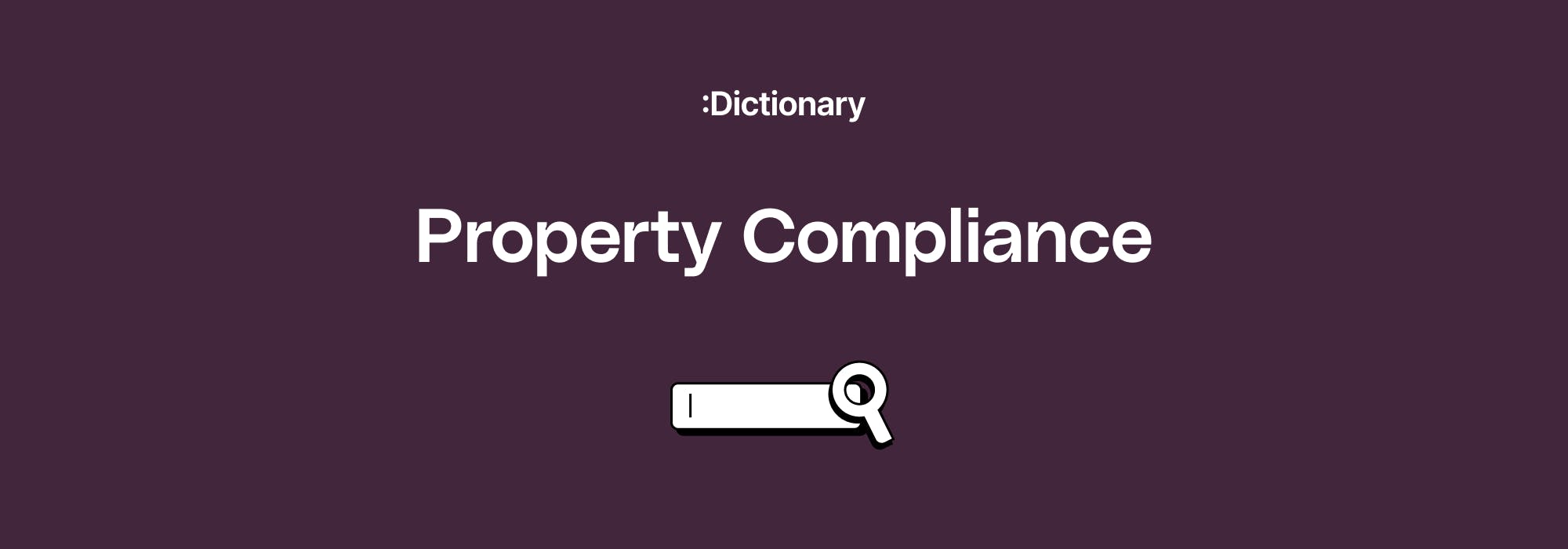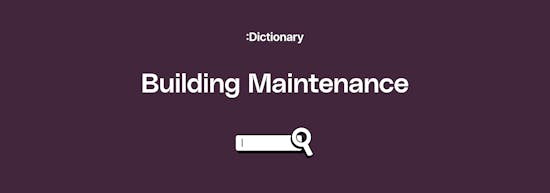What is Property Compliance?
Every property in Australia is regulated by a set of rules that ensures they meet the latest health and safety guidelines as stated by Australian law.
Following the rules and regulations that apply to the property that you own, or are renting out, is known as property compliance.
This usually involves a number of different inspections, certifications and checklists - all of which provide proof that the property is in good condition and is ‘compliant’ with the relevant regulations.
FAQs about Property Compliance
What is a certificate of compliance?
A certificate of compliance verifies that your property meets the terms, conditions and requirements set out by your local council. In addition, this document also confirms that the health and safety of tenants in a given property can be assured. If you are a real estate investor and your goal is to obtain long term returns, it is essential that you have this document.
What compliance rules apply to landlords of rental properties?
Property compliance regulations for landlords differ by state and it’s important to check how to meet property compliance rules in your territory to protect yourself from risk.
Common law states that landlords are legally bound to guarantee the safety of a rented property, along with all its contents (electrical appliances, for instance).
They are also required to ensure that there will be no harm to the health and safety of the tenants, neighbours or the public, due to their negligence as a landlord.
In addition to this common law, there are regulations that are specific to rental properties which are a part of a landlord’s responsibilities and include;
- Maintaining the structure and the exterior of the property.
- Ensuring the functionality of all installations such as gas, electricity and heating.
- If there are any landlord-owned appliances, the landlord is then required to ensure their safety and maintenance.
- Treating potentially heath endangering issues such as rising damp and mildew, or pests.
- Adhering to anything else that may be mentioned in the tenancy agreement.
What state laws are applicable to smoke alarm maintenance?
Smoke detectors (or alarms) and their maintenance are the responsibility of the owner of the property. In Australia, each property must contain at least one functional smoke alarm, installed in every level of the house. These smoke alarms must also meet the stipulated Australian Standards.
Smoke alarm legislations differ from one state to another in Australia, so always be sure to check the requirements for your territory.
Smoke Alarm Requirements across Australia
State | Legal requirement |
|---|---|
NSW & ACT | Smoke alarms must be installed on every level of a property, be it owner occupied or rental. They must be tested once annually, and replaced once every 10 years. Maintaining a smoke alarm in a property is the responsibility of the landlord. However, the renter must notify the owner within 48 hours of any smoke alarm malfunctioning. |
VIC | Property managers or owners are required to provide tenants with an information sheet on maintaining all types of smoke alarms. An electrician must service all smoke alarms once a year when the property is being rented. Any smoke alarm in a property built after 1997 must be hardwired. |
SA | All homes must be fitted with a fully functional smoke alarm at all times. Both the landlord and the renter are responsible for their maintenance and functionality. |
WA | All smoke alarms must be positioned according to the Building Code of Australia and must be connected to the main power. If you plan on selling or leasing your property, the smoke alarms cannot be older than 10 years at the point of sale or lease. |
QLD | All properties are required to have interconnected photoelectric smoke alarms in every bedroom, and all hallways that connect to the bedrooms. |
TAS | The tenant is responsible to ensure that the smoke alarm is working throughout the tenancy. They must notify the owner if an alarm is not working, and the owner must undertake the repairs. |
NT | Smoke alarms must be installed in every type of dwelling including caravans. Homeowners and landlords are required to test them once every 12 months. |
Are renters allowed to paint walls during the lease?
This decision lies entirely at the discretion of the landlord or sometimes an assigned property partner.
If you are a tenant and want to repaint your home at any point, you can put a request through to the landlord or the property manager in writing and wait for a response. Once you get the go ahead, hire a tradie for the job.
Avoid doing a DIY job unless you are confident that it will not impact the aesthetics of the property negatively.
Like what you just read? Well, there’s a lot more where that came from
Subscribe to our FREE monthly newsletter for the best property content on the internet!
Disclaimer: The views, information, or opinions expressed in this blog post are for general information purposes only and should not be relied upon. We have not taken into account specific situations, facts or circumstances, and no part of this blog post constitutes personal financial, legal, or tax advice to you. You should seek tax advice from your accountant, specific to your situation.



